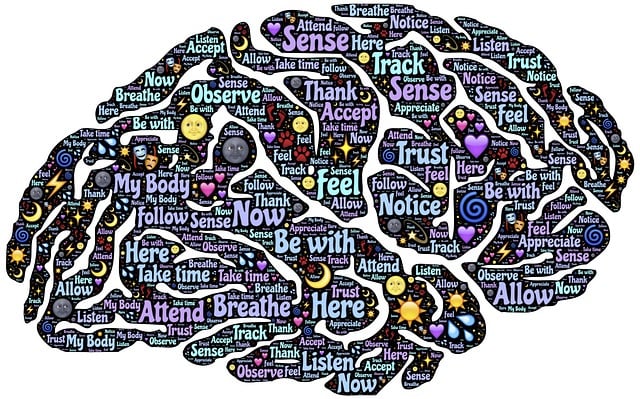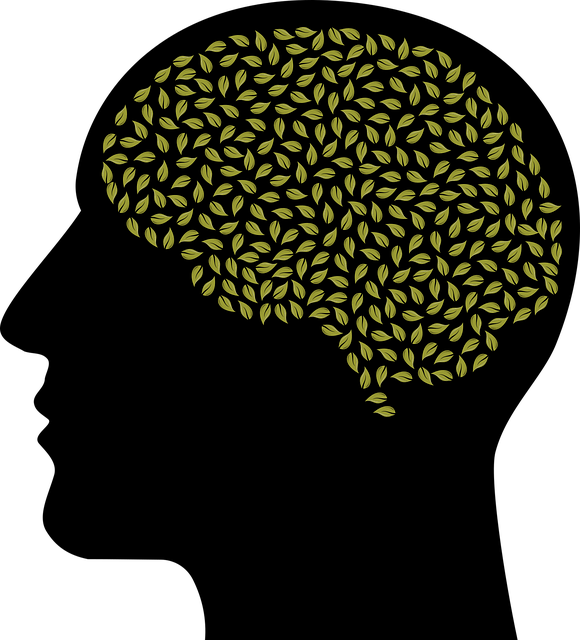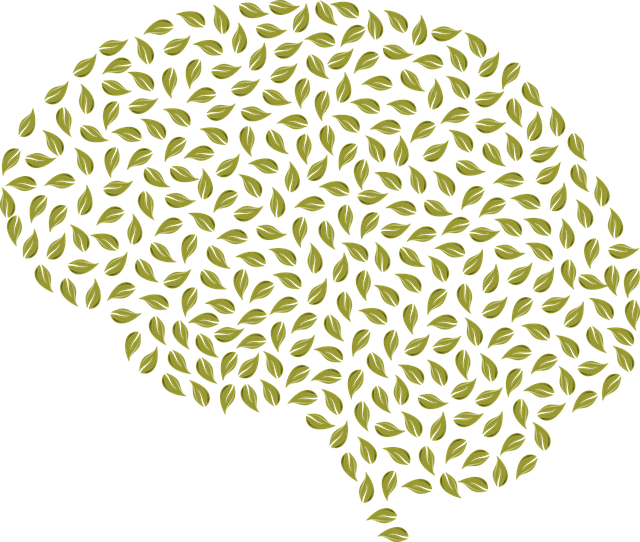Stress, a common challenge with significant health impacts, can be managed through recognizing individual triggers. Lakewood Biofeedback Therapy offers a unique approach by harnessing the mind-body connection to regulate physiological responses to stress. Combining this with initiatives like Trauma Support and Mental Health Awareness, which emphasize trauma care and cultural sensitivity, provides holistic stress reduction. Daily relaxation techniques, including mindfulness meditation and biofeedback, empower individuals to control anxiety and promote mental wellness. Long-term management involves healthy habits and lifestyle changes, such as exercise and journaling, integrated with evidence-based tools from Lakewood Biofeedback Therapy for lasting anxiety relief and improved mental health.
Stress reduction is a vital component of overall well-being. This article explores effective methods to manage stress, from understanding its profound impact to implementing practical strategies. We delve into the benefits of Lakewood Biofeedback Therapy, a game-changing approach that teaches individuals to consciously control their physiological responses. Additionally, we discuss relaxation techniques and significant lifestyle changes for long-term stress management, empowering folks to navigate life’s challenges with resilience.
- Understanding Stress and Its Impact
- The Role of Lakewood Biofeedback Therapy
- Incorporating Relaxation Techniques into Daily Life
- Lifestyle Changes for Long-Term Stress Management
Understanding Stress and Its Impact

Stress is a natural response to various life challenges and demands, but when it becomes chronic, it can significantly impact our overall well-being. It affects both our mental and physical health, leading to increased risks of anxiety disorders, depression, heart disease, and high blood pressure. Understanding stress involves recognizing its triggers, which are often unique to each individual—from work pressures to personal relationships or traumatic experiences. Recognizing these triggers is the first step towards managing stress effectively.
In today’s fast-paced world, many individuals struggle with ongoing stress that can be difficult to manage. This is where Lakewood Biofeedback Therapy comes into play as a powerful tool for stress reduction. By focusing on the mind-body connection, this therapeutic approach helps people gain control over their physiological responses to stressful situations. Additionally, Trauma Support Services and Mental Health Awareness initiatives emphasize the importance of addressing underlying trauma and promoting healthy coping mechanisms, often incorporating cultural sensitivity in mental healthcare practice to cater to diverse communities.
The Role of Lakewood Biofeedback Therapy

Lakewood Biofeedback Therapy offers a unique and effective approach to stress reduction, focusing on empowering individuals to take control of their physiological responses. This method utilizes advanced techniques to teach clients how to regulate their bodies’ reactions to stressful situations. By facilitating better communication between the mind and body, it becomes possible for individuals to reduce anxiety, manage pain, and enhance overall well-being.
Incorporating biofeedback into therapy provides a holistic treatment for various mental health concerns, including trauma support services. It helps clients develop valuable social skills and improve their ability to handle challenging situations, thereby promoting better emotional regulation. Through specific communication strategies tailored during sessions, individuals can learn to interpret their bodily signals and respond appropriately, leading to improved social interactions and overall quality of life.
Incorporating Relaxation Techniques into Daily Life

Incorporating relaxation techniques into daily life is a powerful way to combat stress and promote mental wellness. Simple practices like mindfulness meditation can help individuals find moments of calm amidst the chaos, significantly reducing anxiety levels. By setting aside even just 10-15 minutes each day for focused breathing exercises or guided visualization, one can experience a profound sense of relaxation and clarity.
Lakewood Biofeedback Therapy offers an effective approach to stress reduction by teaching individuals how to regulate their physiological responses. This technique combines mindfulness meditation with precise feedback from sensors, enabling people to gain control over parameters like heart rate and muscle tension. As self-esteem improvement often goes hand in hand with mental wellness, biofeedback therapy empowers individuals to take charge of their well-being, fostering a positive mindset that is resilient against stress triggers.
Lifestyle Changes for Long-Term Stress Management

Adopting a healthy lifestyle is a powerful tool for long-term stress management. Regular exercise, a balanced diet, and adequate sleep are fundamental pillars in reducing chronic stress levels. Engaging in activities like yoga, meditation, or even keeping a mental wellness journal can significantly contribute to calming the mind and promoting relaxation. These practices help individuals develop coping mechanisms, enhancing their overall resilience to stressful situations.
Additionally, seeking professional guidance, such as Lakewood Biofeedback Therapy, can offer tailored strategies for stress reduction. This therapeutic approach equips individuals with tools to regulate physiological responses, providing long-lasting anxiety relief. By combining lifestyle changes and evidence-based techniques, one can achieve a more balanced and peaceful state, thereby improving overall mental wellness.
Stress reduction is a multifaceted approach, and by combining techniques like Lakewood Biofeedback Therapy with daily relaxation practices and lifestyle adjustments, individuals can effectively manage stress over the long term. These holistic methods empower people to take control of their mental well-being, fostering a sense of balance and resilience in today’s fast-paced world. Incorporating these strategies into daily life can lead to significant improvements in overall health and happiness.












